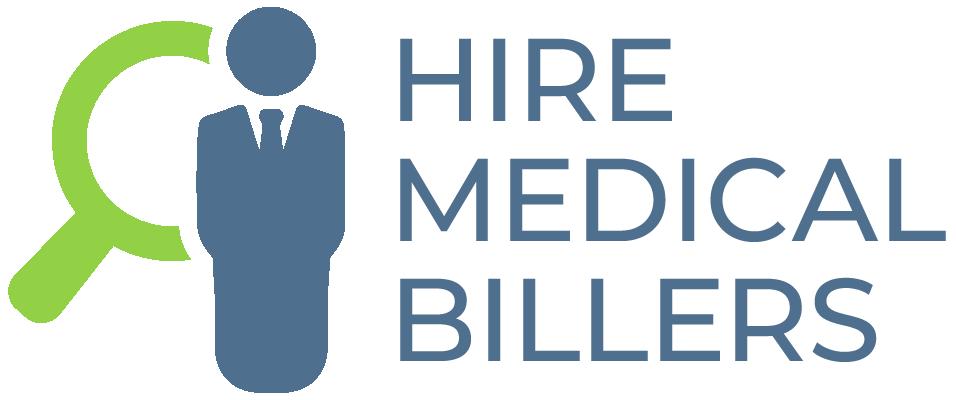Most Frequent Questions And Answers About Medical Billing
Medical billing and coding is the process of submitting and following up on claims with health insurance companies in order to receive payment for services rendered by a healthcare provider. The process involves the use of standardized coding systems such as CPT, ICD-10, and HCPCS to document patient care services. The medical biller typically maintains records of services provided, submits insurance claims, and follows up with insurance companies as needed.
A medical billing specialist is a professional who is responsible for submitting and following up on claims with insurance carriers to ensure that healthcare providers receive payment for services rendered.
Medical Billing professionals must comply with the privacy requirements outlined in the Health Insurance Portability and Accountability Act (HIPAA), which require that all patient information is kept confidential and secure.
Knowledge of terminology in Medical Billing is important to ensure that medical codes are applied correctly and healthcare professionals are compensated properly for their services.
Verifying patient information is important to ensure that medical claims are processed accurately. Medical billing specialists usually verify patient information with the patient, healthcare provider, or insurance company.
Medical billers and coders process claims by collecting patient information, translating healthcare services into billing codes, submitting claims to insurance companies, and following up on submitted claims to ensure payments are made.
When applying write-offs in Medical Billing, it’s important to know how to properly classify and apply them to patient accounts. Some tips include understanding the types of write-offs, the reasons for them, and how to document them properly.
Cash flow is the lifeblood of any business, including Medical Billing. It is important to ensure that medical claims are processed accurately and payments are received in a timely manner to maintain positive cash flow for healthcare providers.
Medical Billing specialists deal with delinquent accounts by contacting patients to collect outstanding balances, negotiating payment plans, and working with collection agencies if necessary.
Common medical billing errors include incorrect coding, missed charges, duplicate charges, misrouted bills to the wrong payer or agency, incomplete information on the claim form, incorrect provider information, and incorrect patient information. The most common coding errors are due to the improper use of modifiers, outdated codes, or inaccurate decimal placement. Other errors may include incomplete documentation and lack of sufficient medical necessity criteria.
It’s important to maintain accurate documentation that follows industry standards and appropriate reimbursement guidelines. By following these standards and guidelines, medical billing errors can be reduced or eliminated.
Medical billing software is used to track patient information, submit claims to insurance companies, generate reports, create invoices, and manage accounts receivable. This software often includes features such as automated coding and claims processing, electronic medical records system (EMR or ehr) integration, patient billing portals, data tracking for Medicare or Medicaid compliance, payment posting tools, and more. Using specialized software to assist with the medical billing process, it can help reduce errors and increase the accuracy of reimbursement. It can also improve efficiency and reduce costs associated with medical billing operations. In addition, some software can help automate the process of following up on unpaid claims and unpaid co-payments. Utilizing these types of systems, it helps to ensure that all bills are paid in a timely manner and keeps healthcare providers compliant with appropriate regulations. With the increasing complexity of the medical billing process, utilizing software can be an effective and reliable way to ensure accuracy and timely payments.
Having a Certification is important in medical billing and coding as it provides assurance to employers that a job candidate has the necessary knowledge and skills to perform the job effectively.
Some common interview questions for medical billing and coding jobs include: what coding certifications do you have? How do you handle rejected claims? Can you explain the billing process?
Insurance companies play a crucial role in medical billing as they are the primary source of payment for healthcare services rendered to patients.
Medical billing and coding is important for maintaining accurate patient information as it requires detailed documentation of diagnoses and procedures, which can impact subsequent treatment decisions.
“Soft skills in medical billing and coding refer to interpersonal skills such as communication and teamwork, while “hard skills refer to technical skills specific to the job such as coding and knowledge of insurance carrier regulations.



